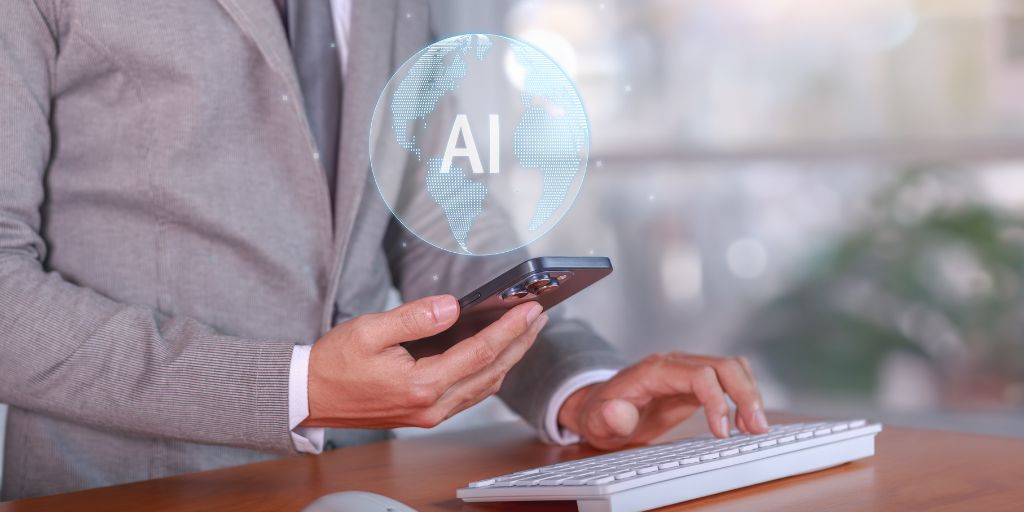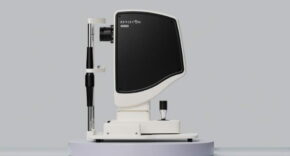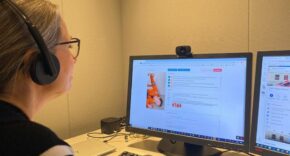Social Workers
Earlier this week, it was announced that social workers will be provided with tools to assist them in their day-to-day tasks.
Social workers will have access to the ‘Magic Notes’ AI tool, which creates instant summaries, suggests follow-up actions, and even drafts letters to GPs. This tool has already been rolled out to three councils, with two dozen more councils planning to adopt it soon. Currently, it is being used in Swindon, Barnet, and Kingston.
According to Beam, the company behind the tool, it could potentially save up to £2 billion a year by reducing the time social workers spend on ‘menial’ tasks, allowing them to focus more on the people who need their support. The team behind Magic Notes has previously worked with companies like Meta and Microsoft.
Retail
You may be surprised to learn that many retail stores, especially supermarkets and others with self-checkout systems, are already equipped with AI tools.
Self-checkout kiosks at places such as Sainsbury’s, M&S and even Aldi, use AI-powered systems, sensors, and cameras to monitor what customers place in their baskets and the bagging area. This ensures that items aren’t mistakenly scanned twice and helps prevent theft while logging purchases.
Not only do these systems speed up the shopping process, but they also reduce employee overhead costs by reducing the interaction between customers and employees. However, most kiosks still need to be manned by at least one employee for the frequent issues that arise with self-checkouts.
Education
While AI is not yet widely used in schools, the government has announced a £4 million plan to support teachers in the classroom. The plan includes creating a ‘content store’ consisting of AI-curated materials that are legally compliant and available for teachers to use. This initiative aims to alleviate the burden on teachers, who frequently work overtime to complete administrative tasks such as marking.
University students may be familiar with the platform ‘Turnitin’, which detects plagiarism and AI usage in assignments. Interestingly, Turnitin uses AI itself to perform these checks.
Manufacturing
AI has been integrated into manufacturing processes to reduce costs and improve efficiency, with major brands like Rolls-Royce and Siemens leading the way.
Rolls-Royce applies AI to monitor engine performance, detect potential failures in aircraft engines, and assist with diagnostics, such as ensuring engines pass pre-delivery tests.
The company has also developed the ‘Aletheia Framework’, a toolkit for ethics and trustworthiness in AI. Rolls-Royce uses this framework in its operations and has shared it with other organisations to help navigate the complexities of AI and to help the public gain some trust in AI tools.
Siemens uses AI to improve its manufacturing processes, including production line automation and the use of smart sensors to monitor industrial equipment.
Healthcare
The NHS launched the NHS AI Lab to address barriers to developing and deploying AI systems in healthcare. Its purpose is to ensure that AI systems provide the right guidance for patients while maintaining regulations to protect them.
The NHS and other healthcare providers also use AI to assist with imaging and screening for diseases like cancer. For example, Mia IQ is an AI-powered tool that analyses breast positioning and compression during breast cancer screenings, helping generate high-quality images for accurate detection.
AI is also used to analyse CT scans for undiagnosed spinal fractures, which can be markers for osteoporosis. Overall, AI in healthcare can help identify small issues before they develop into larger problems.












